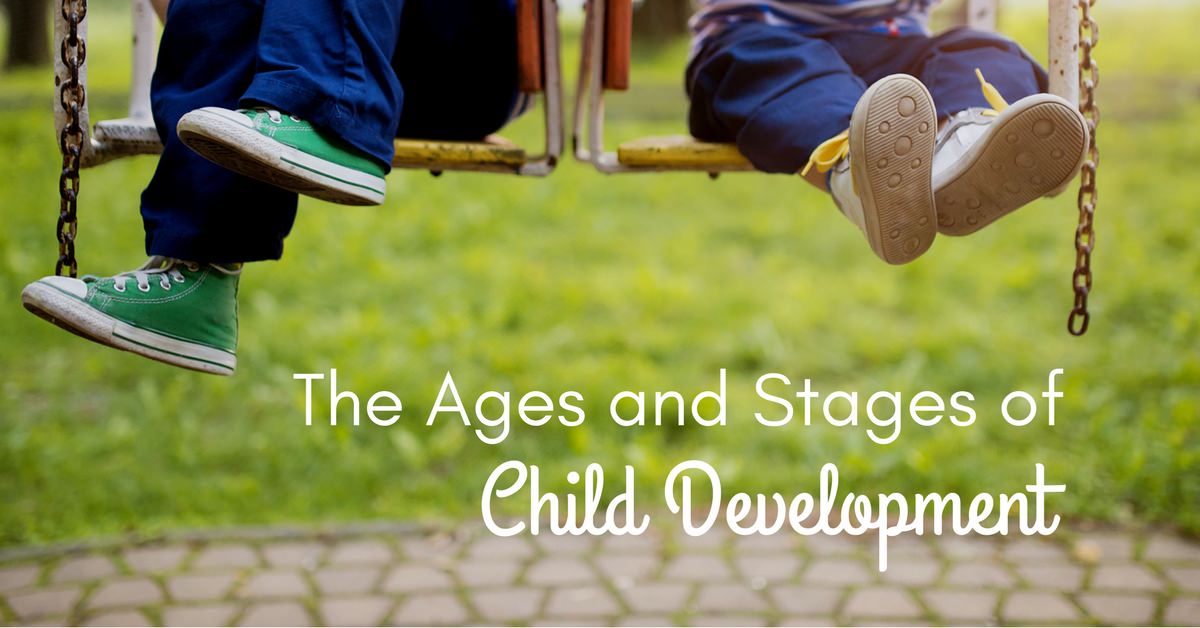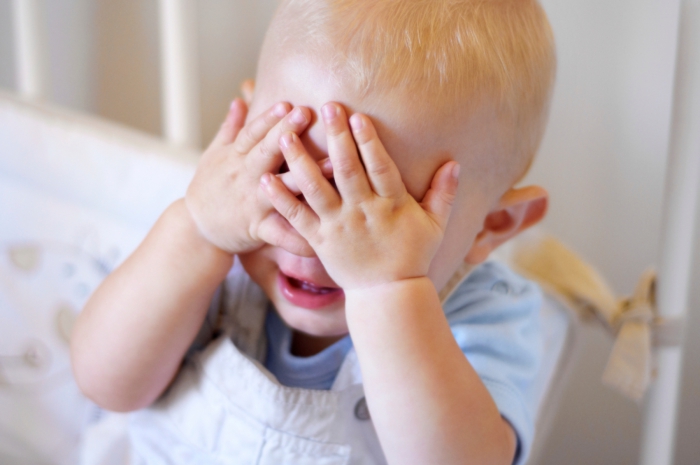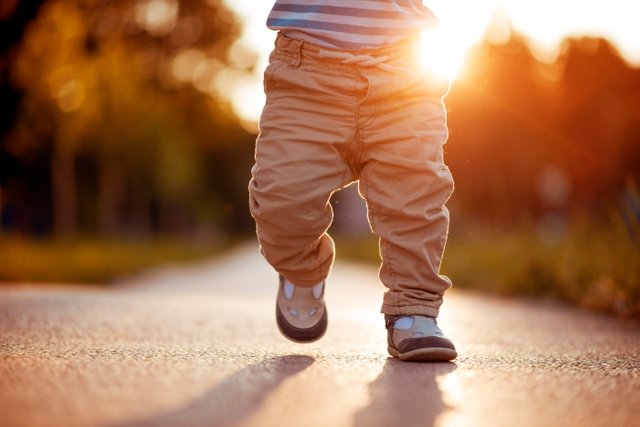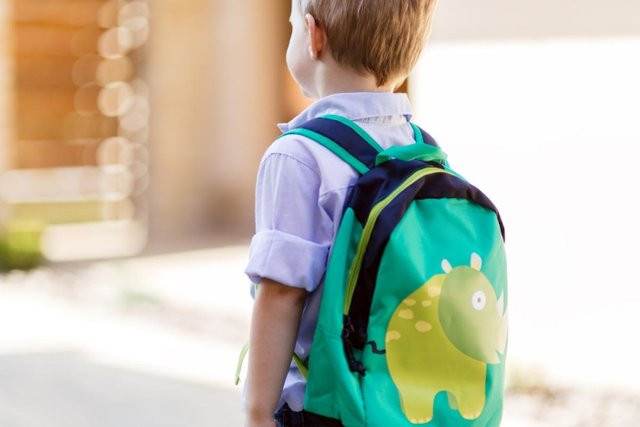Ages & Stages of Childhood Development | Health& Medications

In my last blog post, Infant Conditions, we discussed the Age classification system. This classification system is not only beneficial in terms of dosing medications appropriately but also helps to further elucidate the various developmental stages children progress through as they begin to grow. During each of these stages multiple changes in the development of the brain are taking place. What occurs and approximately when these developments take place are genetically determined. However, this is not to say environmental influences and exchanges within the environment don’t have significant influences on how each child benefits from each developmental event. This is where the saying “Nurture versus Nature” comes in to play.
Throughout the last post, Infant conditions, we spoke briefly about the common ailments that tend to affect infants. Nevertheless, one thing we didn’t touch upon was the various stages children progress through as they grow older. That’s why the goal of this post is to provide an overview of the various stages of childhood development in order to help parents understand what is taking place in their child’s brain and body during each period.
Infants (Age: 1 month to 12 months)
Newborn babies are amazing, because every day brings new changes and developments. There's a lot going on in those first three months as well as striking developments throughout the brain.

Birth to 3 months
When infants are first born, they tend to sleep through most of the day, and on average sleep for about 20 hours a day. However, by months 2 – 3, infants can begin to see color, and their visual and oral exploration begins. Infants in this stage begin to express delight as well as distress, and begin to start smiling at faces and will tend to visually fixate on a face.
During this time period, infants begin to:
- Smile and visually track people and objects with their eyes as they gain control over their eye muscles.
- Prefer to look at faces and bright colors and expresses delight by smiling at faces
- Gurgles, coos, and grunts but will begin to feel soothed and comforted when held.
- Can begin to lift their own head when on their stomachs.
- Starts to reach for and discovers their hands and feet.
4 to 6 months
The following months 4 – 6, tend to be much more profound, as infants tend to localize sound, gain control of their head and arm movements and purposely grasp. This is also followed by rolling over, in addition to cuddling. This also tends to be a much more relaxing and pleasant time for the mother as the infant will begin to eat less often, around 3 – 5 times a day comparative to the 5 – 8 times a day when first born.
During this time period, they begin to:
- Smile, laugh, and imitate sounds they hear.
- Explore their hands, feet and surroundings by putting things in their mouth (so be sure to keep small objects out of their reach!)
- Can begin to sit up when propped up, like sitting on the couch.
Recognizes mother and father and begins to distinguish between familiar people and strangers.
7 to 12 months
The last half of the infant year, months 7 – 12, seem to be exponential comparatively to the first half. Infants in this stage tend to gain more control over their core and will really begin to move about and explore the world around them. Rolling over, crawling, standing, and a lot of cruising. This stage is also monumental as they will tend to say their first words, take their first steps, respond to their name, wave goodbye, and understands “no.”

During this time period, they begin to:
- Take their first steps!
- Plays peek-a-book and waves goodbye.
- Will understand their name and other words used a lot like “no”
- Say their first words and begin to vocalize more.
- Explore anywhere they can as they begin to pull themselves up to stand and try to walk
Child (Age: 1 to 12 years)
The child stage is defined in the age classification system as ages 1 – 12 years. However, there are many stages of child development that occur within this age classification as brain continues to develop! In addition, environmental interactions with key individuals (such as with mom, dad, and family members) will have significant influence on how each child develops as they progress through each of these developmental stages.

Age: 1 to 2 years
At this age, children becoming increasingly aware of her own behavior, as well as those around them. They’re eager to learn, and start to communicate using words as well as facial expressions.
During this time period, they begin to:
- Talk and understand words and ideas as their vocabulary grows to more than 200 words!
- Love stories, pretend games and of course toys!!
- Can walk, climb stairs and begins to run about
- Shows dependent behavior and begins to mirror actions.
- Begins to feed themselves although often will not have much control at this stage and will be very messy!
Toddlers (Age: 2 – 5 years)
If you've heard it once, you've heard it a million times: "they grow up so fast, don't they?" Well this saying is particularly true for this stage of development as they experience big changes in social, intellectual and emotional abilities. First marked by the “terrible twos,” as children begin to develop their own distinct personality and begin to understand personal pronouns (i.e., I, you, he, she, it). As they continue their exploration of their surroundings child safety is a top priority as they will be able to unlock and open a lot of doors. So never leave them unattended for long periods of time, especially around water and cars.

This is the age also where your child starts interacting with other kids at school, as well as their teachers. They start nursery school, or do pre-K classes, in order to get a head start. These experiences will teach your child to develop their own personality, and learn to express her emotions far beyond their previous abilities.
During this time period, they begin to:
- Develop a much longer attention span.
- Act silly, boisterous and might use language that isn’t nice depending on their social interactions.
- Ask lots of questions and become increasingly curious about the world around them!!
- Like to play with friends, but boy do they hate to lose!!
- Begin to learn the meaning of sharing.
School Age Children (Age: 6 – 12 years)
Raising school age children can be awesome, frustrating, rewarding, and draining all at the same time! While children and toddlers need constant supervision, school age children become gradually ready for more independence.

Learning to make good choices and exercise self-discipline does not come easily for many school age children. I know this was particularly true for myself. This is why parents should try to impart a moral code that the child will gradually internalize. As children struggle with these important tasks and balance independence and good choices with consequences, parents should provide praise and encouragement for achievements but must also allow them to experience the natural consequences of their behavior or at the very least provide logical consequences to help them learn from mistakes.
During this time period, they begin to:
- Become interested in numbers, letters, reading and writing! This is a great time to encourage them to read on their own or have them read to you.
- Develop more physical skills and coordination.
- Use words to express feeling and develop coping skills.
- Meet and play with more kids and begin to play much more cooperatively.
Reference: Ages and Stages
Last Post: Common Infant Conditions | Health & Medications

Another great article for educating yourself on children :-D keep it up up up!
Thank you @lunaticpandora!
This is nice content @tspink, thanks for sharing information
Glad you enjoyed it. Thanks for stopping by
welcome bro @tspink, please support my post if u want
That's great article my dear friend , really enjoyed reading , wish we would more articles like this in this week of #xervanteschallenge , keep up the good work bro :)
Thank you @pranithreddy I'll have another one for you tomorrow :)
Great post man! really informative. Children are a miracle, the way they learn things about life. I have children myself and seeing them interact with the world around them, seeing them grow and learn is just amazing. I am glad you stopped at the age of 12 because after that...fun is over ;)
Haha I'm glad you enjoyed it @xervantes I agree its truly a miracle to watch. I don't have kids myself yet but after all the development psychology courses I've taken and getting to watch my niece grow up, its neat watching their development throughout the various stages as they get it explore life for the first time.
Oh what a great post
Great post
Thank you @ianstevenson
Your Post Has Been Featured on @Resteemable!
Feature any Steemit post using resteemit.com!
How It Works:
1. Take Any Steemit URL
2. Erase
https://3. Type
reGet Featured Instantly � Featured Posts are voted every 2.4hrs
Join the Curation Team Here | Vote Resteemable for Witness
All information are true. Thank you for this. As a mom i would say children are amazing, I'm lucky enough that I had experience all I need to know about parenting, from babies first month to 1 yr is just so extra special. But having a toddler is just so tiring but fun. They tend to be more playful, that even all toys are totally damage bcuz of curiosity..lol
School Age is very challenging but of course rewarding.
I love your blog, so informative.
Thank you for the support @triggerlove2009 I'm getting to experience the infant stage right now as an Uncle [my favorite part] :)
Ohh wow! Thats awesome! Babies are adorable you will surely enjoy being an Uncle.
Awesome post, great read.
school is just a baby sitter so parent can work lol